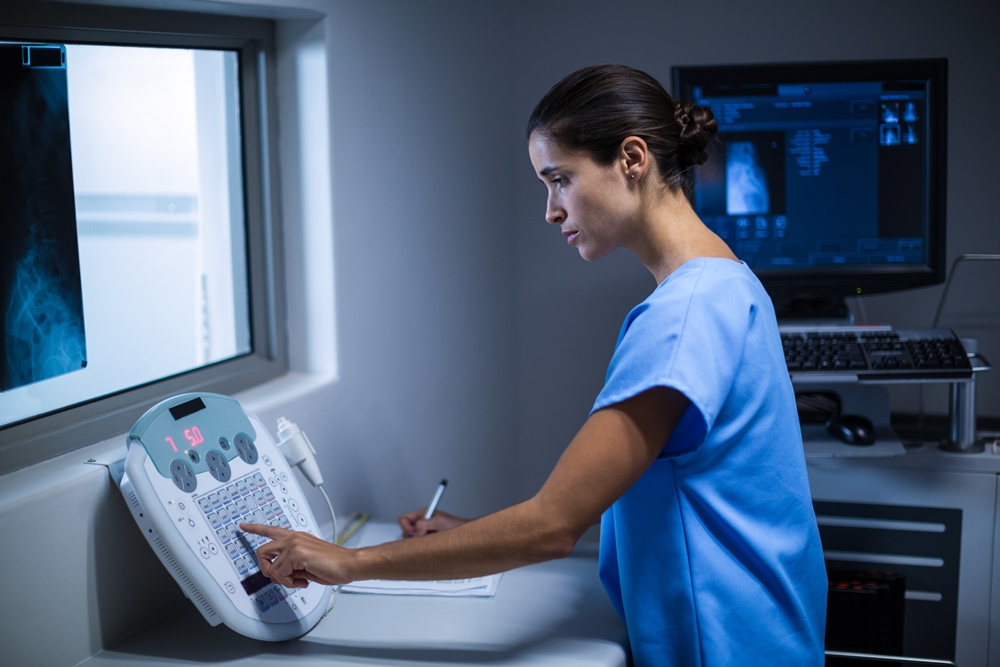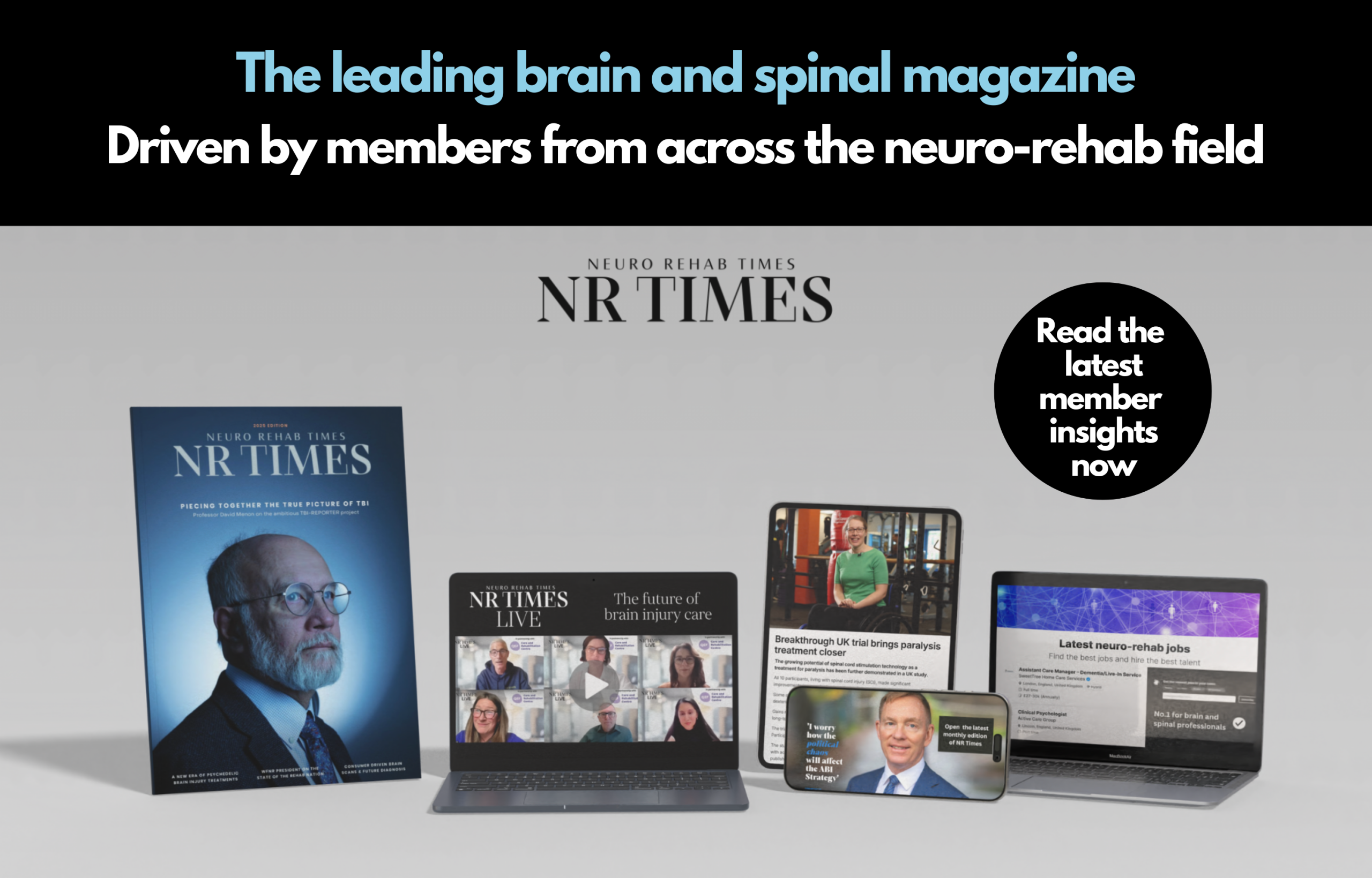US$3m grant for military spinal ultrasound system

A US$3m grant has been awarded to develop a military-optimised ultrasound guidance system for spinal interventions in armed forces medical settings.
The funding will support the creation of a portable device designed for epidural steroid injections at forward-deployed military hospitals, with development expected to take 36 months.
Medical technology developer RIVANNA received the Peer-Reviewed Medical Research Program Technology/Therapeutic Development Award from the Congressionally Directed Medical Research Program.
Nearly 150,000 US armed forces personnel experience back pain or spinal injuries each year, leading to around 6 million limited-duty days and costing an estimated US$2bn.
Epidural steroid injections – anti-inflammatory treatments administered into the space around the spinal cord – can help manage pain and inflammation but require real-time imaging to guide the needle precisely.
Currently, this imaging is provided through x-ray fluoroscopy, which creates moving images using continuous x-rays.
However, for forward-deployed military hospitals, this technology is often impractical due to cost, size and the need for specialist facilities. These limitations can delay treatment and require costly evacuations to access advanced imaging and trained clinicians.
RIVANNA will collaborate with The Geneva Foundation, which facilitates the Musculoskeletal Injury Rehabilitation Research for Operational Readiness (MIRROR) programme, established by the Defense Health Agency to support treatment and care for musculoskeletal injuries.
Linzie Wagner, senior manager, MIRROR programme, The Geneva Foundation, said: “Partnering with RIVANNA is a pivotal step for advancing innovative solutions in the Military Health System.
“With a combination of operational insight and cutting-edge technology, we are strengthening service members’ and their families’ future of care.
“Our collaboration with RIVANNA allows for the integration of emerging technologies into the MHS, which will enhance clinical decision support, operational readiness, and data interoperability.
“Our partnership is a vital step toward modernising healthcare delivery across military environments.”
The Accuro 3S-MIL variant will be a compact, durable ultrasound guidance system adapted for operational use.
Modifications will include integration with military electronic health records and AI-based imaging optimised for the demographics of service members.
The device will undergo testing with military clinicians and validation studies at military hospitals and medical centres.
RIVANNA also intends to seek FDA 510(k) clearance for the Accuro 3S-MIL as a commercial product.
The developers say the device could reduce the need for medical evacuations and enable faster return to duty for service members with back pain.
They also plan to expand its use for a broader range of neuraxial anaesthesia and pain management procedures in both military and civilian healthcare.










